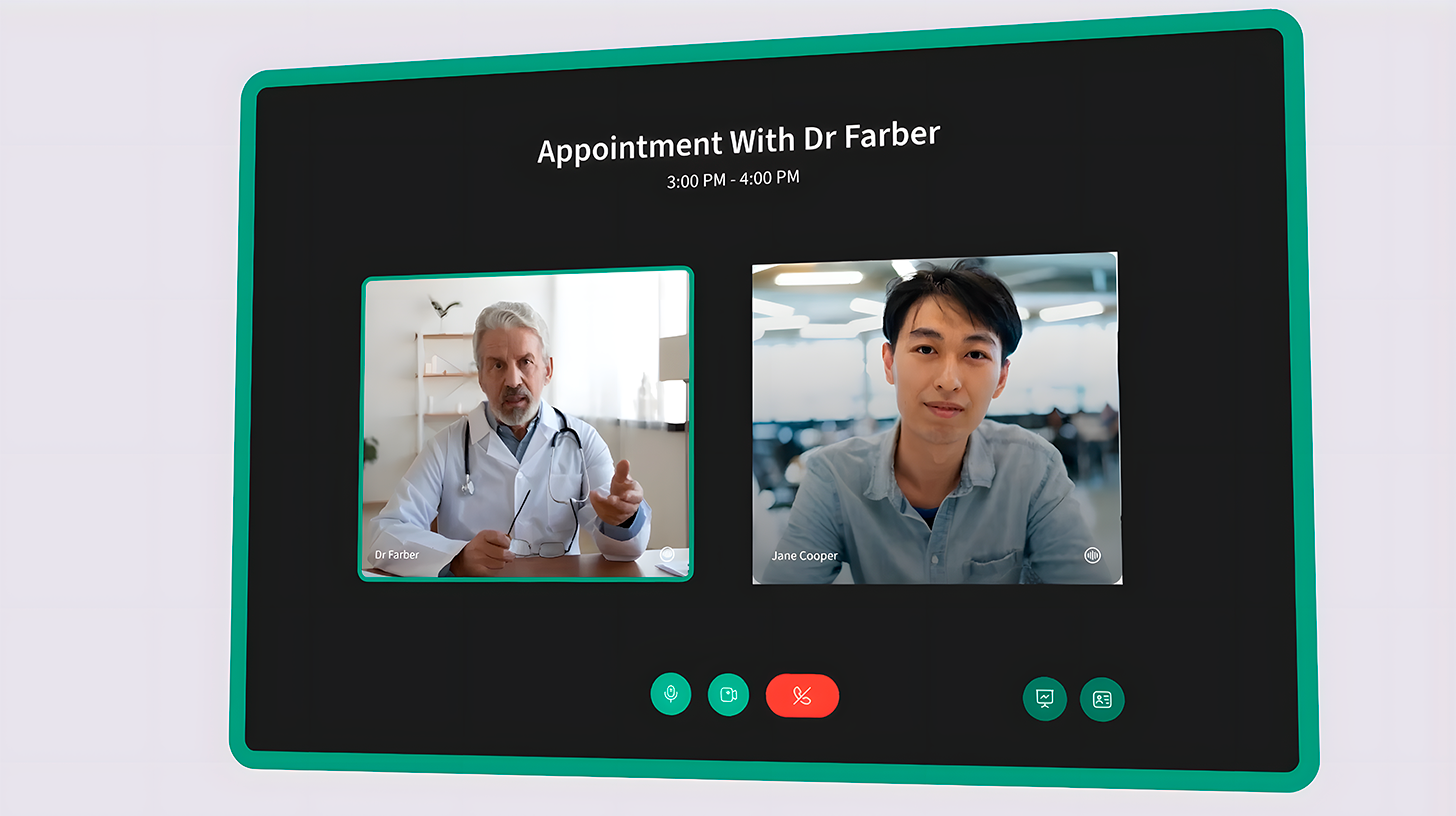Healthcare has undergone a remarkable transformation due to digital technology, revolutionizing how we deliver and receive medical services. One of the most significant advancements in this realm is healthcare application development.
These innovative apps have revolutionized the healthcare landscape by streamlining operations, fostering greater patient engagement, and ultimately leading to improved health outcomes. From telemedicine platforms that enable remote consultations to fitness-tracking apps that promote healthy lifestyles, the range of healthcare applications is vast and diverse.
These essential tools empower individuals to take charge of their health, access medical information more conveniently, and receive personalized care. Whether it’s monitoring chronic conditions, scheduling appointments, or accessing medical records, healthcare applications have become indispensable in modern healthcare delivery. With continuous technological advancements, we expect these apps to evolve further and enhance how we manage our well-being.
Electronic Health Records (EHRs)
EHRs are digital versions of patients’ health information. They contain everything from medical history, diagnoses, treatment plans, immunization dates, radiology images, and laboratory test results. These records can be shared across various settings, making it easier for doctors to access necessary information about a patient’s health.

Telemedicine Apps
One of the most popular healthcare software development services is building telemedicine apps. They allow healthcare professionals to provide medical advice remotely via video calls or messaging. This is particularly advantageous for patients who live in remote areas or who have difficulty leaving their homes.
Medication Management Apps
These apps help patients remember to take their medication on time and track their medication history. Some medication management apps also provide information about the medication and its side effects.
Personal Health Record Apps
Personal Health Record (PHR) apps empower patients to manage their health data. They can keep track of appointments, medications, allergies, and more.
Mental Health Apps
Mental health apps provide resources for managing mental health conditions like depression and anxiety. They may offer therapy sessions, stress management techniques, and mindfulness practices.
Fitness and Nutrition Apps
These apps help users monitor their exercise routines and diet to promote a healthier lifestyle. They can track workouts, count calories, provide workout routines, and offer nutritional advice.
Chronic Disease Management Apps
Chronic disease management apps help patients manage long-term conditions like diabetes, heart disease, and asthma. These apps can monitor vital signs, track medication, and provide reminders for medical appointments.
In conclusion, healthcare applications are at the forefront of revolutionizing the health sector. These applications are not only increasing accessibility to healthcare services but also significantly improving patient engagement, leading to enhanced health outcomes. With the rapid advancement of technology, we anticipate a continuous influx of innovative applications in the healthcare industry.
These applications will leverage cutting-edge technologies such as artificial intelligence, ML, and data analytics to personalize patient care further, optimize treatment plans, and facilitate seamless communication between healthcare providers and patients. As a result, the healthcare landscape will continue to evolve, providing more efficient, effective, and patient-centric care.

